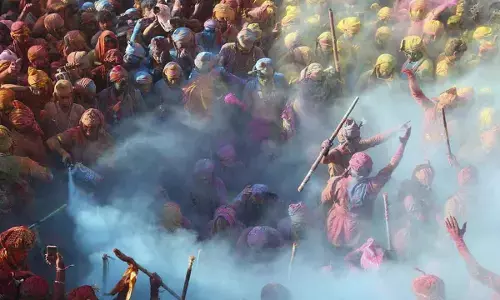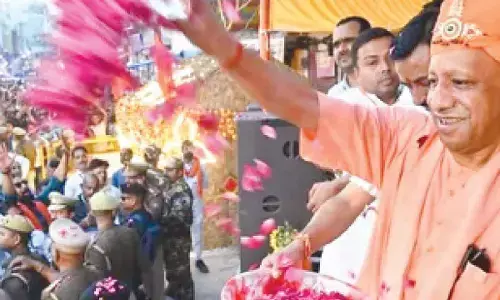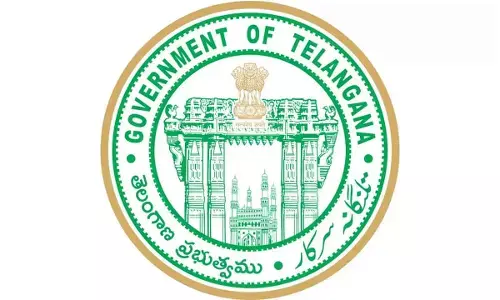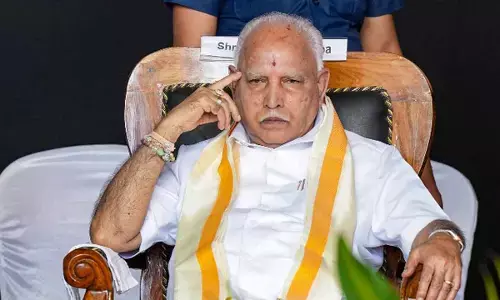Independence Day 2024: Theme, History, Significance, and Celebrations in India
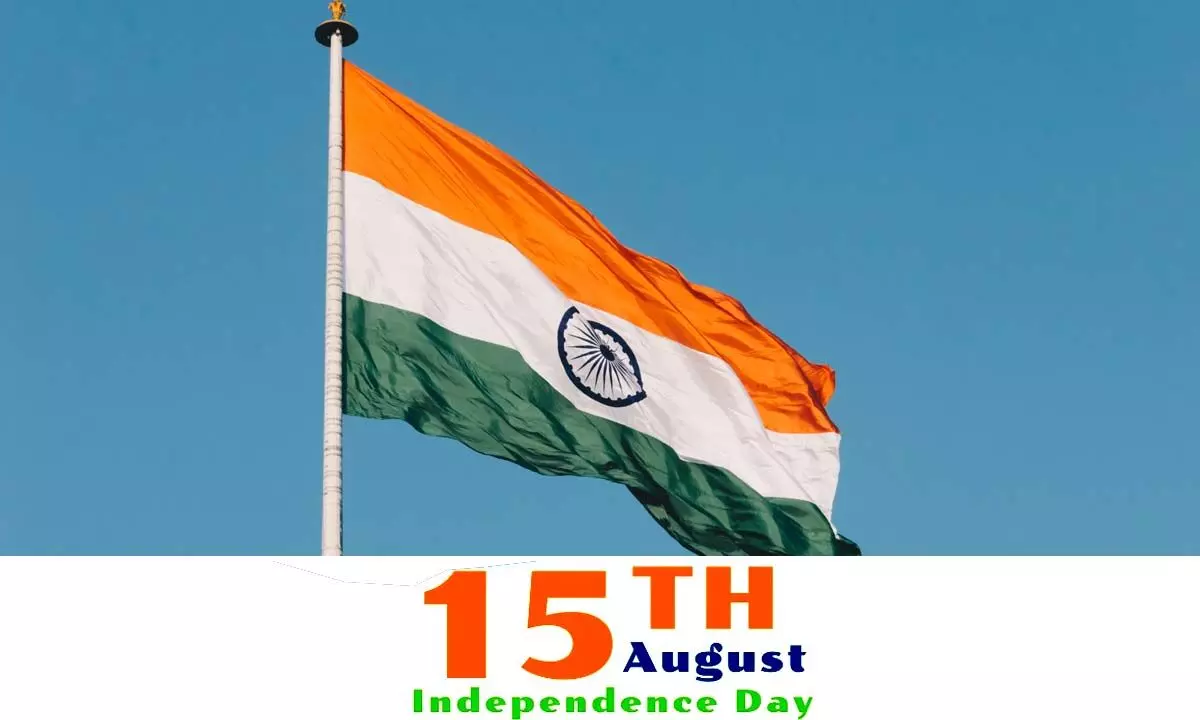
Independence Day in India, observed every year on August 15, commemorates the nation's liberation from British colonial rule in 1947. This pivotal event followed nearly two centuries of subjugation and a prolonged struggle involving numerous freedom fighters and leaders.
Independence Day in India, observed every year on August 15, commemorates the nation's liberation from British colonial rule in 1947. This pivotal event followed nearly two centuries of subjugation and a prolonged struggle involving numerous freedom fighters and leaders.
Theme for Independence Day 2024
India celebrates its 78th Independence Day with the theme ‘Viksit Bharat,’ aligning with the government's vision of transforming India into a developed nation by 2047, the centenary of its independence.
Historical Background
The British East India Company initially arrived in India in the early 1600s for trade but gradually expanded its influence. After the Battle of Plassey in 1757, the Company began to establish its rule, leading to widespread exploitation. In 1858, following the Revolt of 1857, the British Crown took direct control, marking the beginning of the British Raj.
On July 4, 1947, the Indian Independence Bill was introduced in the British House of Commons. The Indian Independence Act was enacted on July 18, 1947, culminating in the end of British rule on August 15, 1947. Negotiations involving key leaders like Jawaharlal Nehru, Sardar Vallabhbhai Patel, and Muhammad Ali Jinnah led to the partition of India into two nations: India and Pakistan.
Significance of Independence Day
Independence Day marks the culmination of India's long struggle for freedom, characterized by widespread mobilization, non-violent resistance led by figures like Mahatma Gandhi, and the sacrifices of many freedom fighters. It also signifies the establishment of India as a democratic republic, laying the foundation for a government based on the principles of democracy, justice, and liberty.
Celebrations Across India
The primary celebration takes place at the Red Fort in Delhi, where the Prime Minister hoists the national flag, followed by the national anthem. The Prime Minister's address highlights the nation's achievements, outlines future plans, and pays tribute to freedom fighters. This is followed by a parade showcasing India's military strength and cultural diversity, including performances by schoolchildren, state tableaux, and displays by the armed forces.
Across the country, Independence Day is marked by various patriotic and cultural activities. People participate in flag hoisting ceremonies, cultural programs, and seminars that reflect on India’s struggle for independence, honour the sacrifices of freedom fighters, and celebrate the nation's achievements and heritage.
Independence Day is a significant event that honours India's past struggles, celebrates its present achievements, and looks forward to its future aspirations. It is a day of national pride, unity, and reflection, embodying the spirit of freedom and the ongoing quest to build a better nation for all its citizens.


